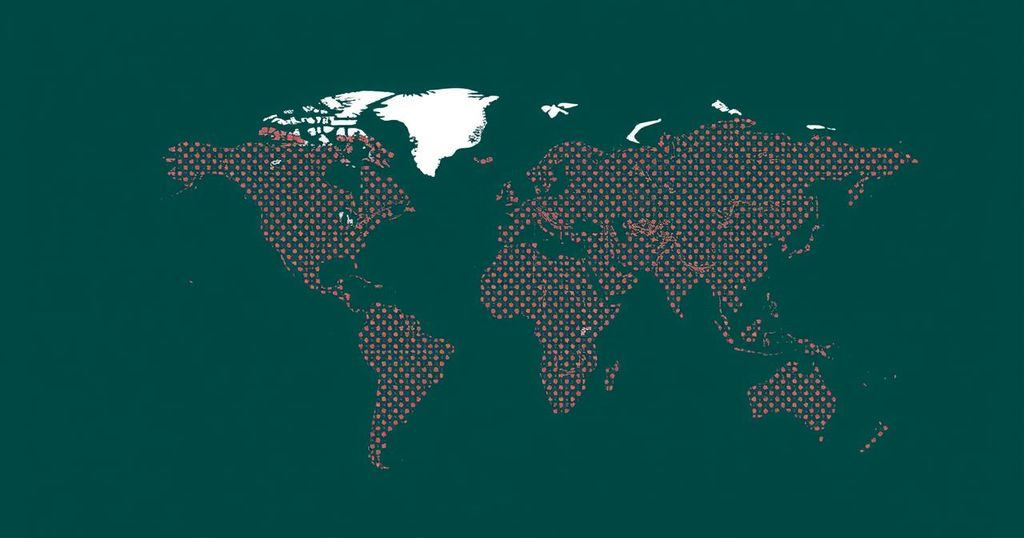Concerns Grow Over Gender Setbacks at COP29 Climate Negotiations

Concerns are rising at COP29 that gender considerations are regressing amid climate negotiations. A draft proposal stripped references to women’s experiences, drawing criticism from advocates like Mary Robinson. Key opposing forces include Saudi Arabia and Russia, with heightened calls for gender equity amid alarming statistics on women affected by climate change. Activists assert the necessity of addressing gender in climate finance to combat setbacks.
As global climate negotiations continue at COP29 in Azerbaijan, there is growing concern that gender considerations are being marginalized despite previous commitments to address women’s unique challenges related to climate change. Notably, a recent draft proposal was altered to remove references to women’s experiences and the term “diversity”. Mary Robinson, former president of Ireland, indicated that opposition to gender-related language, particularly from Saudi Arabia and supported by Russia, is being emboldened by broader global trends of gender backlash.
Robinson remarked on the disconcerting retreat from gender inclusion, indicating that recent setbacks in the United States and parts of Europe have influenced these negotiations. Current discussions at COP29 focus on climate financing but acknowledge the need for a human rights-based approach that incorporates gender-responsive strategies. Despite the challenges, there is still a solitary reference to gender within the draft, emphasizing its importance in climate finance.
At the summit, 80 percent of individuals displaced by climate change are reported to be women and girls, facing increased risks of exploitation. However, male policymakers dominate the negotiations, leading to growing concerns about the diminishing representation of women. Activists and officials have gathered at various events, such as a UN-themed gender day, to reaffirm the critical role of women in combating climate change.
The issue of gender disparities within climate negotiations has become increasingly relevant as studies consistently highlight that women are disproportionately affected by climate effects, such as displacement and economic marginalization. Historically, initiatives have attempted to emphasize gender inclusivity in environmental policymaking, yet recent developments at COP29 reveal a troubling regression in commitments to these principles. The involvement of powerful nations with traditionalist agendas poses additional challenges in advancing gender equity within climate discussions, as resources and strategies are debated without fully considering women’s impacts and contributions.
In conclusion, COP29 represents a pivotal moment in the climate dialogue, revealing significant challenges to maintaining previously established commitments to gender equity. The removal of gender language from key proposals reflects a larger societal regression that is being challenged by advocates calling for renewed focus on women’s contributions to climate action. As discussions progress, it is essential that the momentum for gender inclusivity is restored to ensure that the voices of those most affected by climate change are not marginalized.
Original Source: www.france24.com






